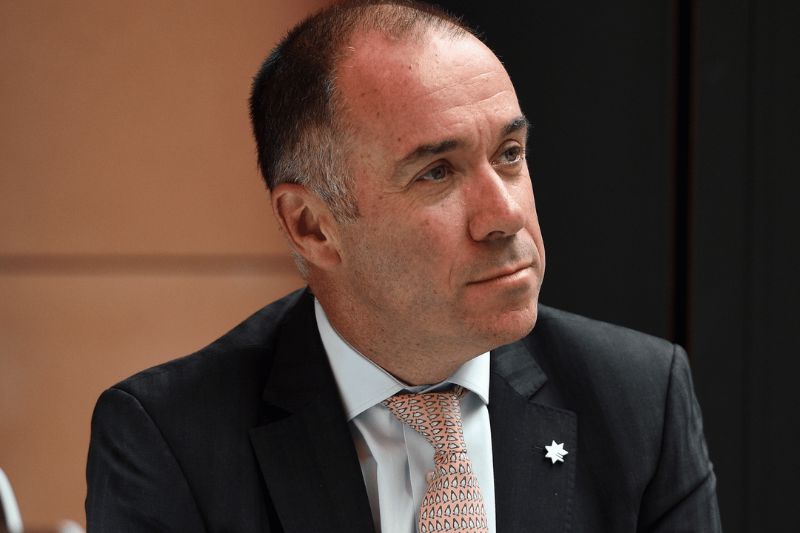Keywords: Andrew Thorburn
-

AUSTRALIA
- Barry Gittins
- 10 July 2024
4 Comments
How do you respond, when members of your own tribe share their distaste towards those who rub them up the wrong way? Do you ‘unfollow’? Do you engage? And if you vent against those who who offend with their own dearth of tolerance, are you guilty of doing the same?
READ MORE
-

AUSTRALIA
- Michael McVeigh
- 28 March 2024
How do we live and work happily together with people whose views on the world and human nature are fundamentally different to our own? Can different beliefs within organisations be lived with, or even celebrated, without necessarily undermining the organisation’s own core mission?
READ MORE
-

AUSTRALIA
- Chris Middleton
- 12 January 2023
It is highly doubtful that the Essendon Football Club appreciated the reaction that would occur when it presented its new CEO, Andrew Thorburn, with the option of giving up his role as a lay leader in the City on a Hill Anglican Church or resigning from his role with the Club. Even if many were uneasy about how the issue was caught up in the culture wars, it caused widespread concerns amongst people of faith.
READ MORE
-

RELIGION
- John Warhurst
- 13 October 2022
13 Comments
Freedom of religion, a matter of national interest still to be resolved successfully in the Federal Parliament, has yet again become a focus for the nation’s football codes. The Essendon controversy has demonstrated how it is issues with a religious-cultural component, not economic issues, which most polarize our society and are the most difficult for politics to resolve harmoniously.
READ MORE 
-

AUSTRALIA
- David Halliday
- 10 October 2022
Last week, in a pluralistic and diverse, multi-ethnic, multi-faith society, a person was considered ill-fitting for employment, not because of their track record, but because of their outward association with a mainstream religion.
READ MORE 
-

AUSTRALIA
- Chris Middleton
- 10 October 2022
18 Comments
It is highly doubtful that the Essendon Football Club appreciated the reaction that would occur when it presented its new CEO, Andrew Thorburn, with the option of giving up his role as a lay leader in the City on a Hill Anglican Church or resigning from his role with the Club. Even if many were uneasy about how the issue was caught up in the culture wars, it caused widespread concerns amongst people of faith.
READ MORE 